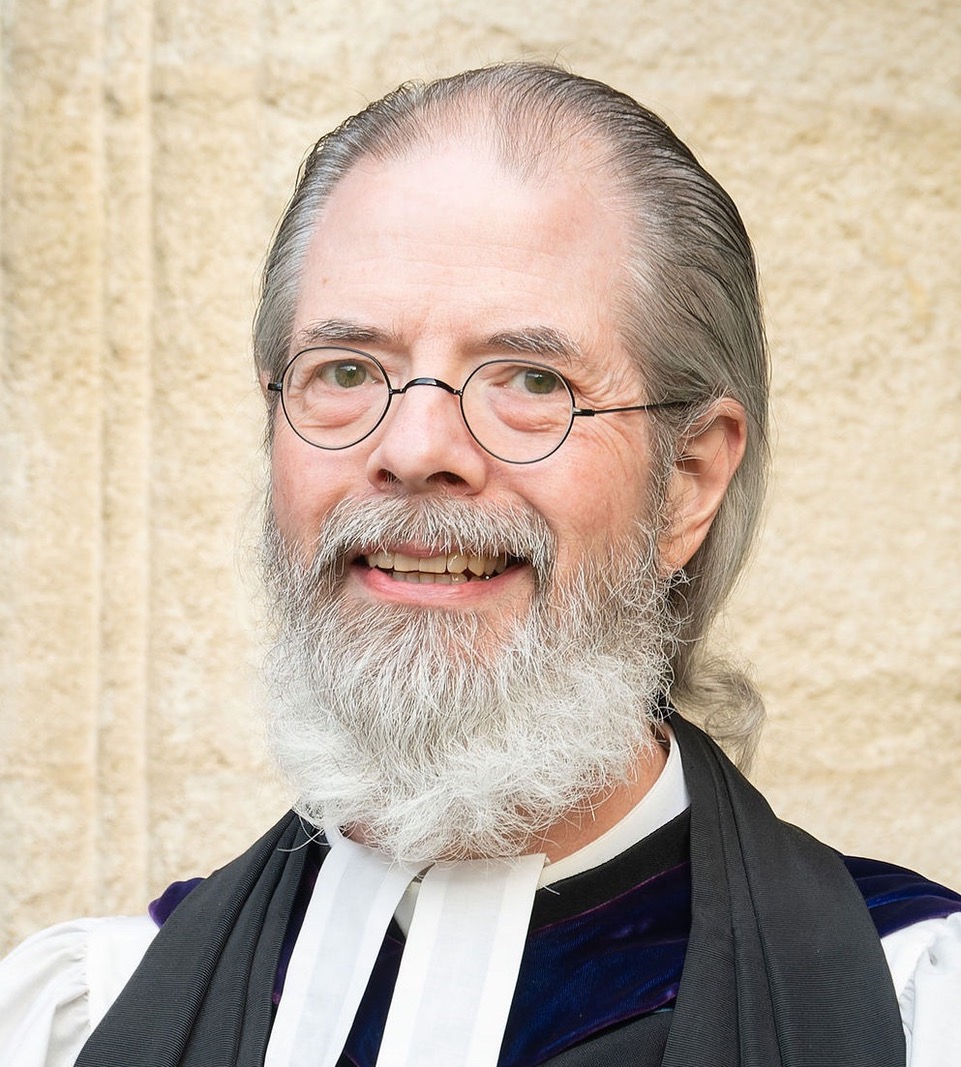Commentary on 2 Timothy 1:1-14
2 Timothy belongs to the biblical genre of the “testament,” the last words of a hero of the faith who is facing death.
Elsewhere in the Bible, Jacob blesses his heirs through the last chapters of Genesis; Moses uses most of Deuteronomy to recapitulate his experiences leading Israel; David has a brief deathbed oracle in 2 Samuel 23, and then gives Solomon pragmatic political instructions just before his death in 1 Kings 2. In the intertestamental period, this became a common literary device, with non-canonical “testaments,” and one can easily read Jesus’ remarks at the Last Supper as a sort of testament – especially in John’s Gospel, with the long “farewell discourse” in chapters 13-17. In 2 Timothy, Paul (or someone writing in his name) closes the story of the apostle’s career and leaves his last instructions to Timothy and, by extension, to his other protégés.
As is appropriate for such a scenario, Paul couches his instruction in emotionally charged rhetoric. For the first portion of this passage, he concentrates on underscoring and intensifying the sense of Timothy as a cherished member of a family dedicated to God. He identifies Timothy as “my beloved child” (1:2), and follows that by noting the continuity of his own faithfulness with his ancestors’ piety. Then, Paul recalls to Timothy the laying on of his hands; the letter provides no details of the specific significance of that gesture, so we ought not assume too quickly that it indicates only ordination. In the literary context of a testament, we may also recall Jacob laying his hands on Ephraim and Manasseh to bless them (Genesis 48), or Moses laying his hand on Joshua to designate him as his successor (Numbers 27).
Whatever the precise meaning of the gesture, Paul invokes this scene as part of his reminding Timothy of their spiritual kinship. Likewise, he reminds Timothy that he inherits strong discipleship from Eunice and Lois, his mother and grandmother. As Paul and his ancestors worship God with a clear conscience, and as Lois and Eunice exemplified sincere faith, Timothy stands in a tradition of unwavering discipleship, and Paul urges him not to let his heritage down by falling prey to cowardice. The paragraph as a whole serves to illustrate that on both sides of Timothy’s lineage, the maternal and (spiritually) paternal, “a spirit of power and of love and of self-discipline” runs in the family.
In the second portion of the passage, Paul turns the spotlight more directly onto himself, especially with regard to his reflection of Jesus’ ministry and suffering. Paul situates his own bleak circumstances – imprisoned, and foreseeing his death – firmly in the pattern of life that Jesus inaugurated. Just as “all who want to live a godly life in Christ Jesus will be persecuted” (3:12), so Paul is suffering for the gospel in Rome.
Paul cites two reasons for Timothy to persist in preaching and teaching despite the threat of hostility. On one hand, it is vital that Timothy make known the gospel of grace far and wide, and to do so in such a way as to encourage even his adversaries to embrace the truth. On the other hand, the letter frequently points toward “eternal glory” (2:10) as a reward for faithfulness. In either case, Paul exhorts Timothy to adhere firmly to the truth of the gospel, to be willing to suffer for the truth, and to deal with adversity gently, peaceably, and patiently.
Some preachers will embrace the opportunity to uphold a theology that characterizes sound teaching about the gospel as a “good treasure” to be closely guarded in order to gain immortality; although the letter strikes that note more squarely in subsequent chapters, this passage prepares the ground for this strong, repeated theme in 2 Timothy. Such an emphasis surely befits the scenario that the letter represents: an apostle nearing the end of his life – who can criticize him for thinking of his standing before God?
One may also observe the other dimensions of the exhortation and the image of salvation in this passage. In 1:9, Paul affirms that God “saved us and called us… not according to our works but according to his own purpose and grace,” and he notes that whatever the laying-on of hands signifies, it comes to Timothy as a gift from God. The Pauline eschatology of 2 Timothy is not a leaden casing over the golden theology of his undisputed letters, but a different exposition of familiar Pauline themes, with ample basis for connecting his proclamation in this letter with the theology of other texts (whether we ascribe the letter to Paul or to an amanuensis or to a talented ghost-writer).
In this week’s epistle lesson, then, the voice of an exhausted apostle speaks to us of the accumulated stresses and sufferings of decades given over entirely to proclaiming the good news of Jesus. The letter knows well that those who persist in loyalty to a countercultural Christ will encounter hardship, even to the point of death – but such is to be expected, and Timothy (and we) can rely on God to lead faithful followers beyond shame and fear into the fullness of the limitless life made possible for us through Jesus Christ.

October 3, 2010